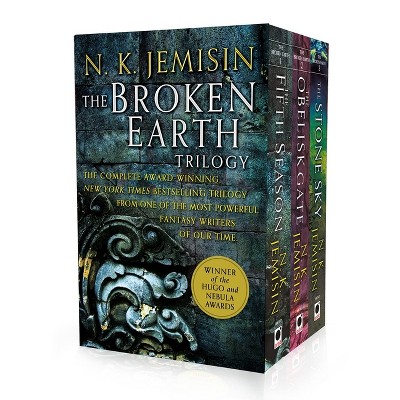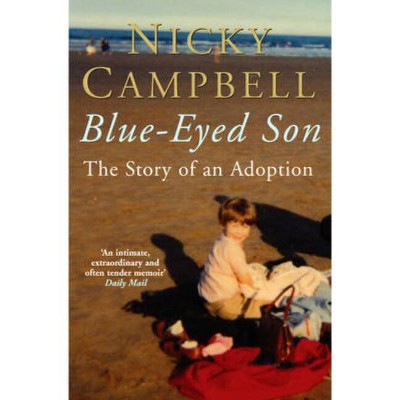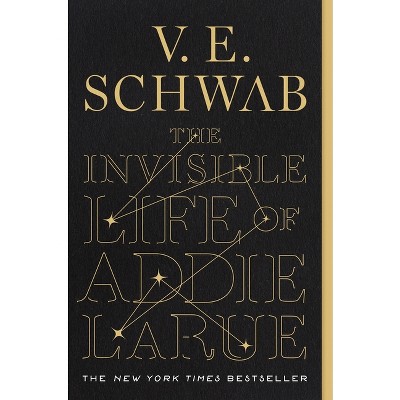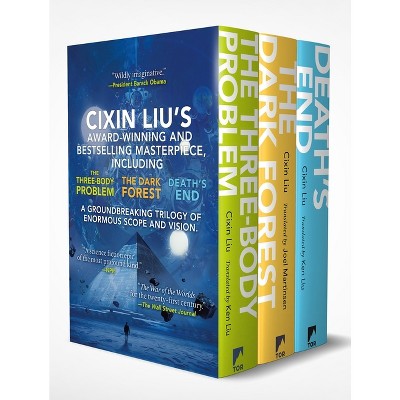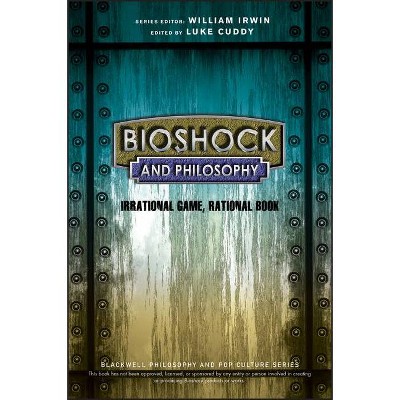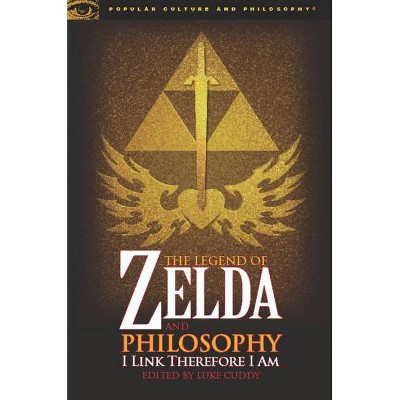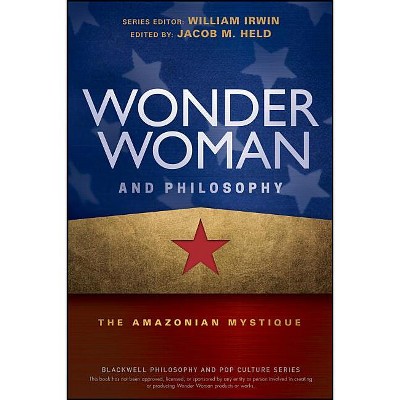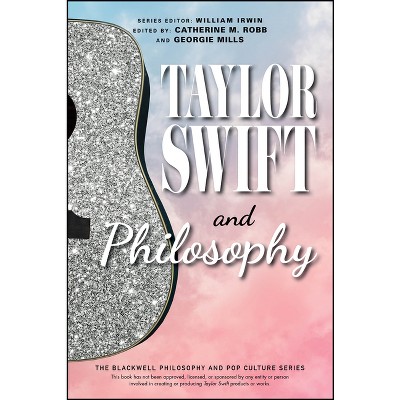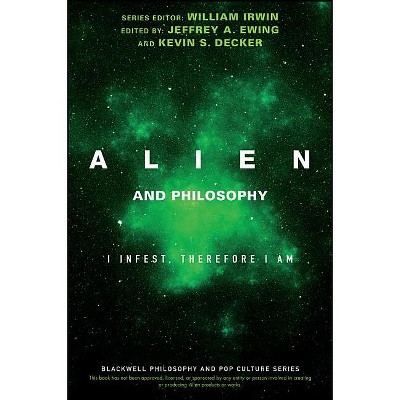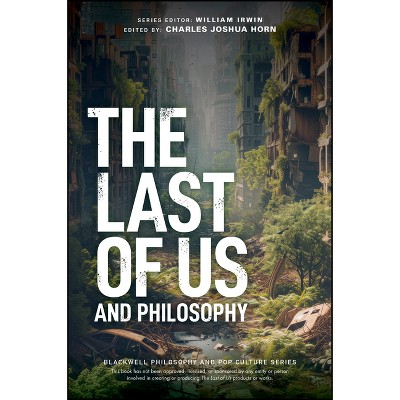Sponsored

The Legend of Zelda and Philosophy - (Blackwell Philosophy and Pop Culture) by Luke Cuddy & William Irwin (Paperback)
Out of Stock
Sponsored
About this item
Highlights
- Unlock the Secrets of Hyrule with the Power of Philosophy A groundbreaking and critically acclaimed masterpiece, The Legend of Zelda was released in Japan in 1986.
- About the Author: LUKE CUDDY is a professor in the philosophy department at Southwestern College in Chula Vista, CA.
- 256 Pages
- Fiction + Literature Genres, Science Fiction
- Series Name: Blackwell Philosophy and Pop Culture
Description
Book Synopsis
Unlock the Secrets of Hyrule with the Power of Philosophy
A groundbreaking and critically acclaimed masterpiece, The Legend of Zelda was released in Japan in 1986. That first entry spawned one of the greatest series in gaming history, leading up to Echoes of Wisdom in 2024. Link's quest to vanquish evil, unite the Triforce, and restore peace to Hyrule is at the heart of most Zelda games, but it's not just the story that has captivated fans: countless elements of this beloved series, from innovative combat in Ocarina of Time, to the unparalleled exploration of Breath of the Wild, are deeply immersive and engaging.
The Zelda series is about more than adventure--it's a world brimming with deep philosophical questions. Spanning fate and free will to ethics and identity, the series invites players to ponder profound ideas while battling monsters and solving puzzles. Zelda and Philosophy takes you on a quest through these thought-provoking themes, offering fresh insights into your favorite games. Whether you're a lifelong fan or new to the series, this book will make you see Hyrule in a whole new way.
Written in an easy-to-read style, Zelda and Philosophy explores questions such as:
- Can Link have free will if he is always destined to defeat Ganon(dorf)?
- How does the Triforce illustrate the virtues of Confucius and Aristotle?
- Are Bokoblins people? And, if so, is it wrong to kill them and other monsters in Hyrule?
- Does Link ever get bored with rescuing Zelda and restoring peace to the land?
- Why are Zelda games so immersive and fun to play?
- If the Lens of Truth is used to identify the contents of Treasure Chests, does that count as cheating?
Perfect for gamers, philosophers, and anyone who loves thinking about the deeper meaning of their favorite adventures, Zelda and Philosophy is as immersive as the games themselves--once you start reading, you won't want to stop.
From the Back Cover
Can Link have free will if he is always destined to defeat Ganon(dorf)?
How does the Triforce illustrate the virtues of Confucius and Aristotle?
Are Bokoblins people? And, if so, is it wrong to kill them and other monsters in Hyrule?
Does Link ever get bored with rescuing Zelda and restoring peace to the land?
Why are Zelda games so immersive and fun to play?
If gamers use the Lens of Truth to identify the contents of Treasure Chests, does that count as cheating?
A groundbreaking and critically acclaimed masterpiece, The Legend of Zelda was released in Japan in 1986. That first entry spawned one of the greatest series in gaming history, leading up to Echoes of Wisdom in 2024. Link's quest to vanquish evil, unite the Triforce, and restore peace to Hyrule is the heart of most Zelda games, but it's not just the story that has captivated fans. From innovative design like Z-targeting in Ocarina of Time to the unparalleled exploration of Breath of the Wild, the games of this beloved series are deeply immersive, engaging, and thought-provoking.
Zelda and Philosophy is a collection of philosophical reflections on questions that arise from playing the games--questions about free will, destiny, ethics, creativity, politics, truth, and even friendship. The authors offer unique and original takes that can serve as your own personal philosophical Navi (but much less annoying!), helping you to see both Zelda and the world around you in a different way. Chapters are grouped into five broad sections, from fusing the philosophical Kinstones of community to focusing the Lens of Truth on the series itself.
This book is as intellectually immersive as Zelda games are fun. And just like a Zelda game, you won't be able to put this book down until you're done.
About the Author
LUKE CUDDY is a professor in the philosophy department at Southwestern College in Chula Vista, CA. He's edited several pop-culture and philosophy books including BioShock and Philosophy and HALO and Philosophy. He also occasionally publishes on Substack (substack.com/@lukecuddy) and Medium (medium.com/@lukecuddy).
Shipping details
Return details
Frequently bought together

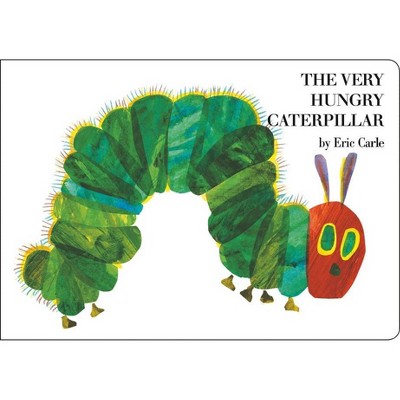
Guests also viewed
